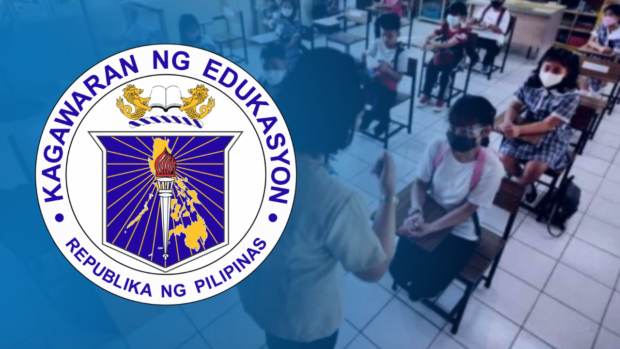BAGUIO CITY, Benguet, Philippines — Only 11 public schools will be allowed to continue applying blended learning when 379,049 grade school and high school students begin their five-day in-person classes in the Cordillera region on Wednesday, according to officials of the Department of Education (DepEd).
The schools in the region were allowed to offer blended learning because of ongoing construction or repairs due to a series of calamities, Cyrille Miranda, spokesperson for DepEd in Cordillera, said Tuesday.
In a phone interview, Miranda said schools had also not anticipated an increase in enrollment for the new school year.
According to Estela Cariño, DepEd Cordillera director, blended learning is still allowed in extreme cases.
“Full [in-person] classes will depend on the situation,” Cariño said in a separate interview on Oct. 28. The Cordillera had just endured strong winds and incessant rains unleashed by Severe Tropical Storm “Paeng” (international name: Nalgae), as well as a second earthquake that struck Luzon in three months, with Abra province as its epicenter.
The magnitude 6.4 tremor on Oct. 25 damaged 66 Abra schools and two schools in Mountain Province, according to DepEd. Abra was also the epicenter of the magnitude 7 quake on July 27, which destroyed 218 Cordillera classrooms.
The cost of damage due to the impact of Paeng on Cordillera infrastructure was still being determined.
Lectures, homework
In Abra, only Abra National High School will apply blended learning that combines traditional and digital classroom lectures and home assignments. Kias Elementary School, Rizal National High School, and Roxas National High School have been permitted to employ blended learning in Baguio City.
Blended learning will also be offered at Tuding Elementary School, Alejo Pacalso National High School, Ambangeg National High School, Ampucao National High School, Benguet National High School, Loo National High Schoo, and Natubleng National High School, all in Benguet province.
In a visit here on Oct. 27, Interior Secretary Benjamin Abalos Jr. said all local governments need to scale up their vaccination drive now that full face-to-face classes in public schools are starting.
“Some children are going to school unvaccinated,” he pointed out on the sidelines of the 8th Asia-Pacific Smoke-Free conference that was held here last week. Those who are 12 to 17 years old were only allowed to get their jabs in November last year, and children ages 5 to 11 began lining up for shots in February.


